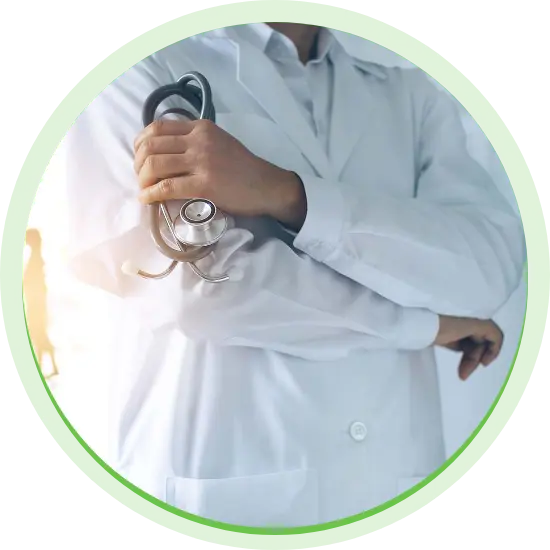21/07/25
Your Home, Your Health: Tools for Managing Type 2 Diabetes Daily
Diabetes mellitus is a chronic condition that needs daily attention, and it’s not always easy. There’s so much to juggle each day – you must check your blood sugar levels regularly, make healthy food choices, be physically active, remember your medications, and more. On top of that, you might worry about low or high blood […]
Read More